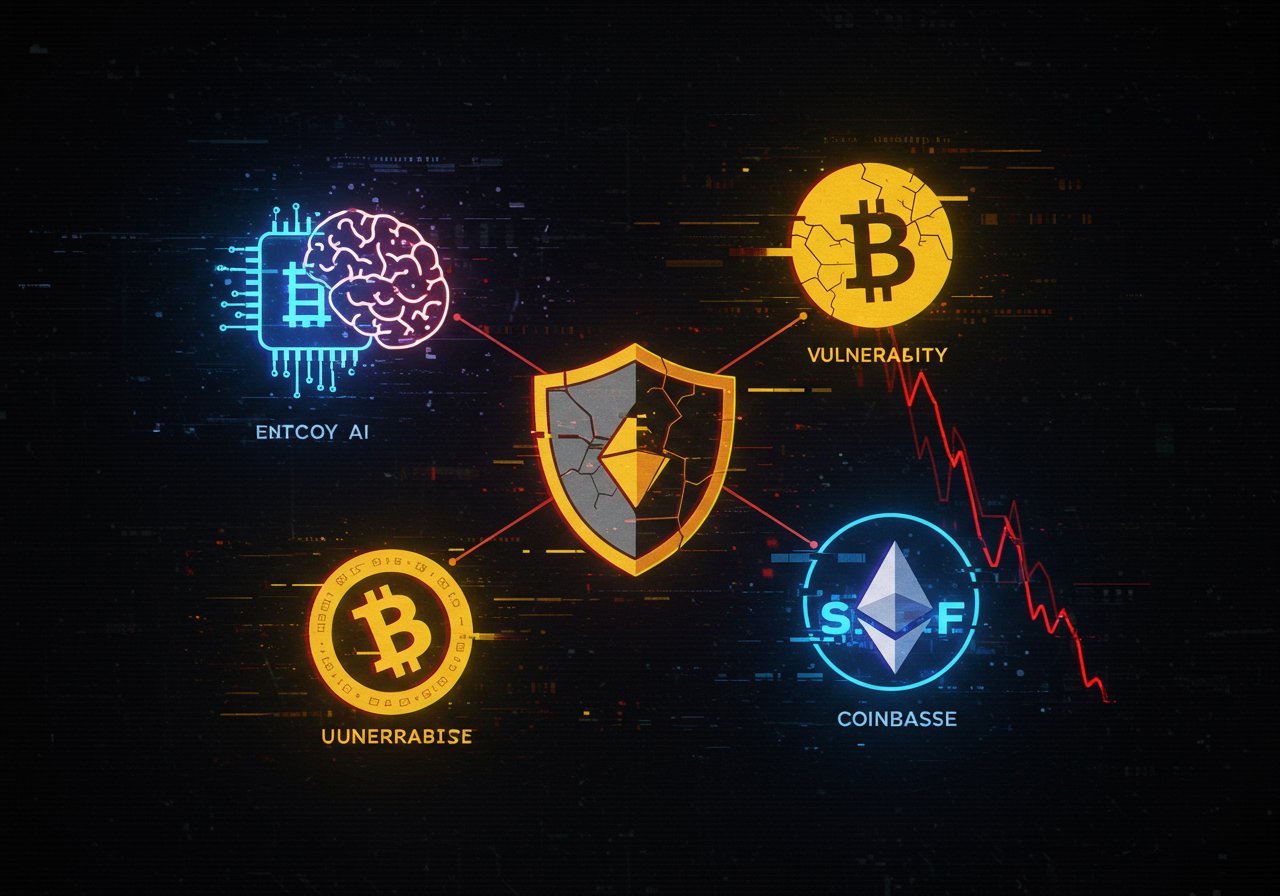
The Intangible Revolution: How Digital Ownership Fuels the Metaverse and AI
The question of how virtual objects like NFTs and cryptocurrencies can hold value, despite their intangible nature, is one that frequently arises. This question delves into the core of the open metaverse and the decentralized web – a realm defined by true digital ownership.
The answer lies in the historical understanding of value creation through the ownership of intangible assets. For centuries, ideas and concepts have been the driving force behind innovation and economic growth. The concept of copyright, established in 1709, marked a pivotal moment by recognizing authors as the rightful owners of their work, distinct from publishers.
This shift empowered creators, fostering a surge in literature, science, and philosophy that fueled the Enlightenment and Scientific Revolution. It also provided a framework for incentivizing innovation, as creators could reap financial rewards from their intellectual property.

Owning the Work of Our Minds: The Birth of Intangible Assets
Today, we widely acknowledge the ownership of intellectual property, including trademarks, patents, and copyrights, as essential components of modern economies. The work of the philosopher John Locke, who reasoned that labor generates property, provided a foundation for understanding the ownership of intangibles, including intellectual property, data, and derivatives of data.
The protection of intellectual property is crucial for supporting and incentivizing creators, allowing the work of our minds to thrive commercially. Without such protection, industries reliant on innovation would be severely hindered.
Blockchain and the Digital Property Revolution
Blockchain technology is a game-changer for the digital economy. It enables secure, provable ownership and scarcity of intangible assets in a decentralized manner, minimizing costs and enhancing efficiency. Blockchain-enabled frameworks provide an immutable record of ownership, reducing vulnerability and waste compared to centralized systems.
This is particularly relevant in the context of the artificial intelligence revolution. The use of protected intellectual property to train AI models raises concerns about copyright infringement and the impact on creators. Blockchain offers a solution by providing secure tracking, provenance, and ownership frameworks for intellectual property, even in the face of generative AI.
The Future of Ownership: From Traditional Industries to the Open Metaverse
The concept of ownership over the intangible, which has fueled traditional industries, is now expanding into the digital realm. As we embrace the open metaverse, the principles of digital property rights become even more critical.
Animoca Brands, a leading company in the metaverse, has made the advancement of digital property rights a core mission. The company believes that all creators, including those contributing to the development of AI, social networks, and other digital platforms, should be fairly rewarded for their contributions.
Just as the Statute of Anne paved the way for the modern economy, the convergence of technology and property rights is poised to unlock unprecedented creativity, economic empowerment, and progress in the digital age. As the metaverse evolves, the concept of ownership over the intangible will play a crucial role in shaping its future.


